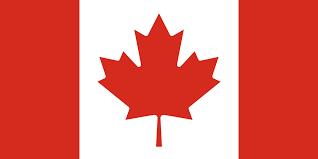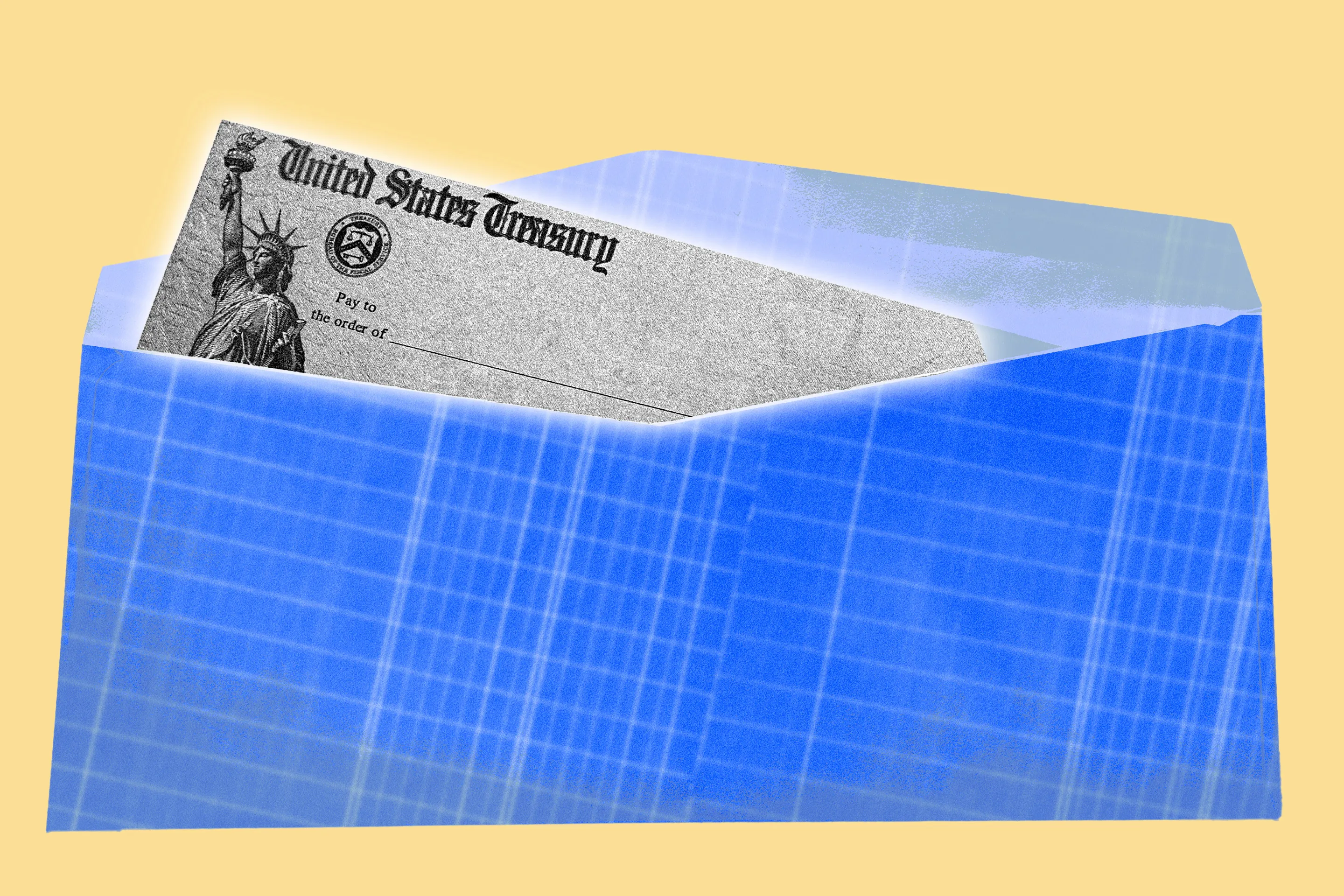Global nationalism: Part 2 – Econlib

In a recent post, the internal contradictions of global nationalism were discussed in depth. The recent election in Canada served as a prime example of this issue, with Conservative candidate Poilievre facing challenges due to Trump’s actions towards Canada.
According to polling data, Poilievre had a significant lead in the election campaign, focusing on a message of Canada being broken, Trudeau being bad, and the need to axe the carbon tax. However, unexpected disruptions, such as Trudeau’s exit from the race and Trump’s trade war against Canada, shifted the political landscape drastically. The wave of nationalism that swept the country in response to Trump’s actions left Poilievre in a difficult position. While many of his supporters admired Trump, his anti-woke rhetoric and disdain for the mainstream media clashed with the anti-Trump sentiment prevalent in Canada.
Mark Carney, the expected leader of the new Liberal government in Canada, has a background as the head of both the Bank of Canada and the Bank of England. Carney has hinted at the possibility of adopting a nominal GDP (NGDP)-level target as a monetary policy framework, which could add “history dependence” to monetary policy and make up for past misses on the path of nominal GDP.
The impact of Trump’s trade war with Canada was highlighted as a significant factor that prevented the election of a Conservative administration in Canada. Before the trade war, the Conservatives were poised to win by a large margin. Looking ahead to the upcoming election in Australia, young voters like Jessica Louise Smith are motivated to vote against a right-wing government to avoid what they see as the “worst possible” outcome.
In a related point, the idea of Canada becoming a state in the US was discussed in an article in the National Review. The article pointed out that addressing issues like the flow of illicit goods and trade deficits with Canada would become more challenging if Canada were to become a state. The potential merger would reduce the US trade deficit, but questions remain about how this would benefit American workers.
Overall, the political landscape in North America is shifting, with nationalism, trade wars, and economic policies playing significant roles in shaping the future of these countries. As elections unfold and leaders emerge, the impact of these factors will continue to be felt in the region.





